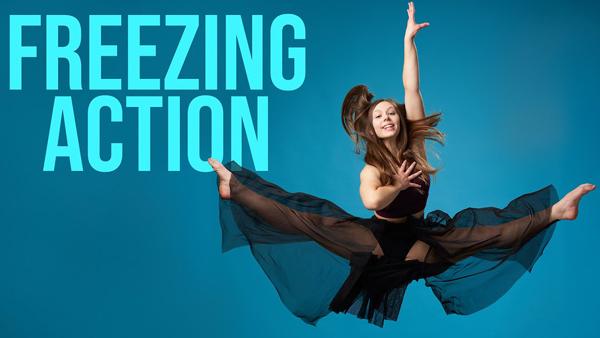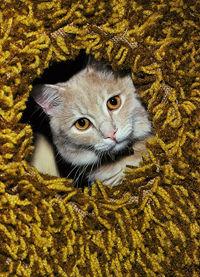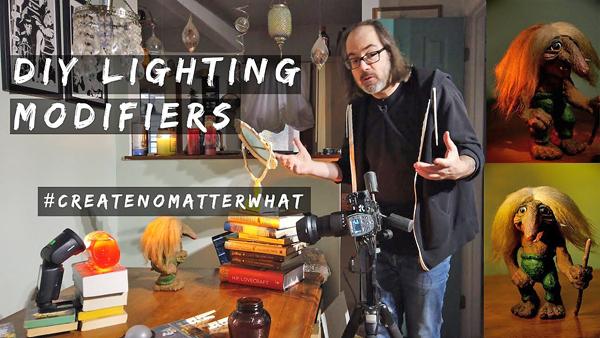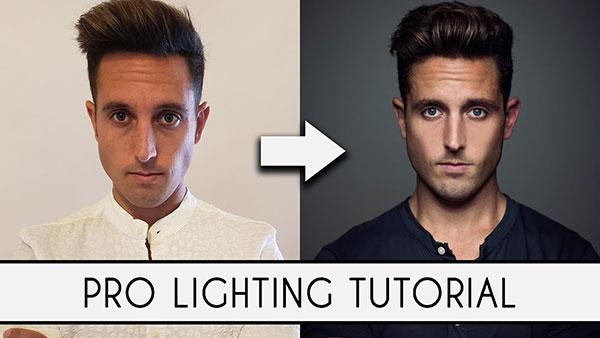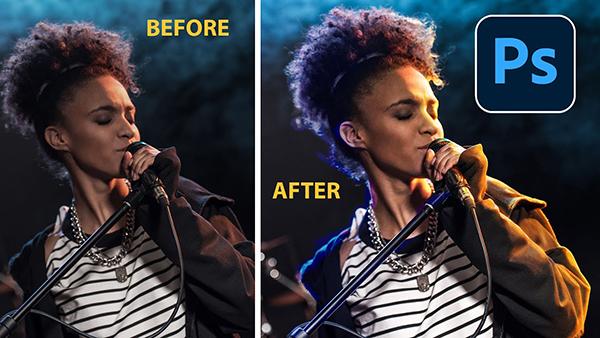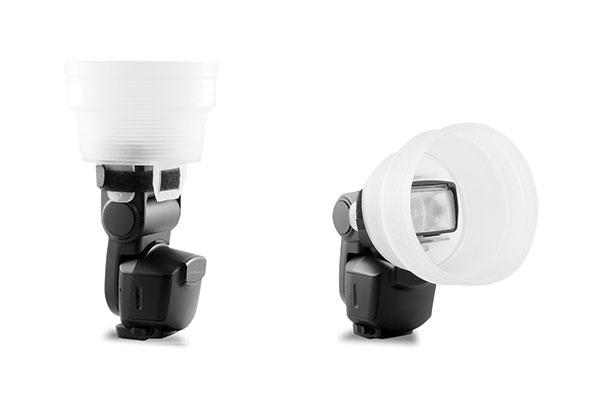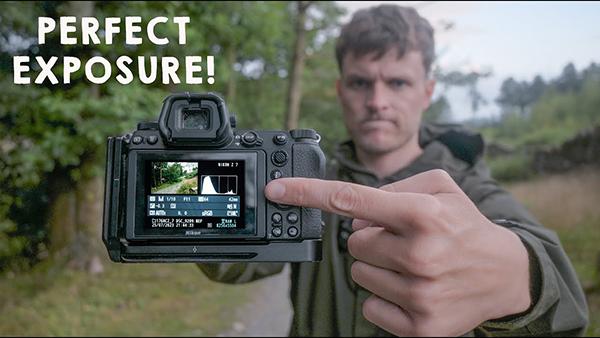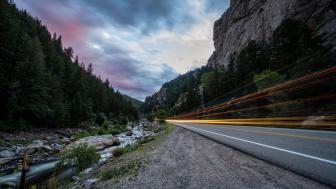Lighting How To
Sort By: Post DateTitle Publish Date
|
Aug 01, 2002
|
Dec 29, 2017
|
May 01, 2020
|
Aug 17, 2021
|
Jan 20, 2021
|
Oct 30, 2020
|
Sep 06, 2023
|
Feb 17, 2015
|
Oct 18, 2016
|
Apr 24, 2015
